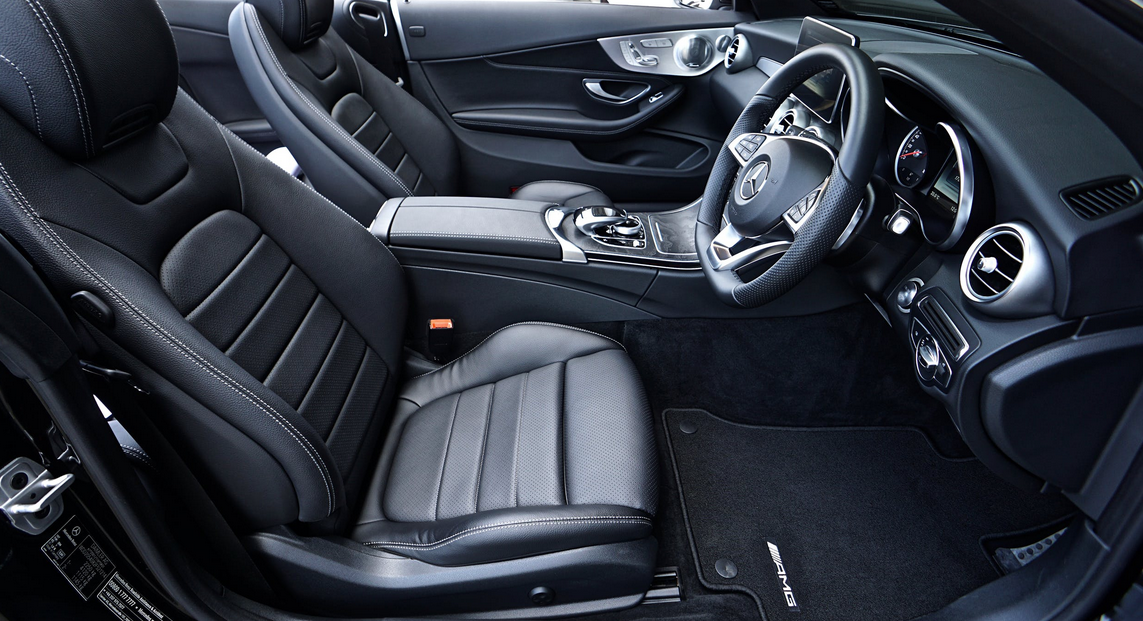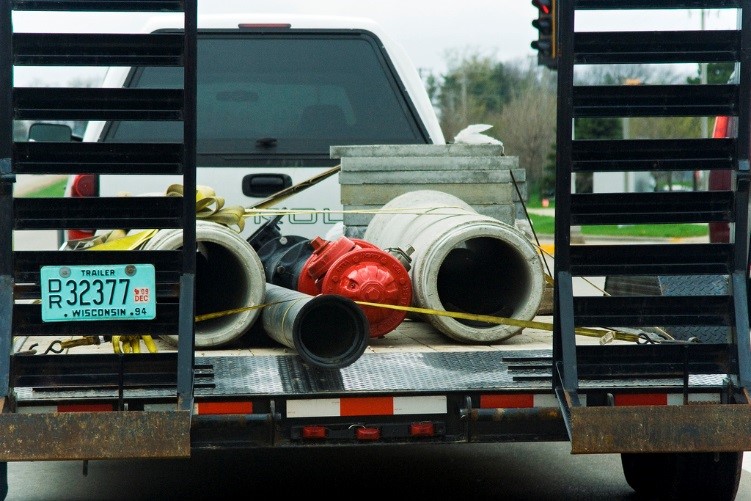If you are thinking about buying a used car, but the idea of getting a complete piece of junk makes you a bit weary, a CPO vehicle may be the ticket, especially if you are in the market for a newer vehicle. But, like any major purchase, you don’t want to just jump right in without doing a little homework first. Here are just a few things to get you started if you are thinking about going this route for your next vehicle purchase.
Different Types of Certification
The first thing you need to know is there are different types of certification. Manufacturer certification is a program at the national level that is applied to all vehicles made by that particular company. The warranty is valid at any authorized dealer throughout the country. CPO cars come with the original warranty that was in effect when the car was new, and an additional warranty to cover an additional amount or time and/or mileage.
A dealer certification means the car underwent an inspection based on a checklist created by the dealer, and there is usually a warranty that is good from anywhere from 30 to 90 days. Repairs are typically limited to that dealership or perhaps a few other locations close by. A dealer certification may or may not hold the car to the same stringent standards as a manufacturer certification. Because of the limited warranty, there is some peace of mind about the purchase, and this certification usually does not add anything to the price of the car.
Then there are certifications by independent third parties, but be cautious about this. Research the certifying organization to determine if their ‘seal of approval’ carries any weight.
Generally speaking, the manufacturer CPO is the way to go for optimal peace of mind.
Understanding the CPO Program
Different manufacturers have different programs, so don’t make any assumptions about cars made from one manufacturer based on any information gleaned about another manufacturer’s CPO program. There may be differences in the maximum age and mile requirements and how many items are included in the certification inspection. Some programs may offer special finance rates, provisions for loaner cars and reimbursements for trip interruption expenses. While the warranties tend to be similar in what is generally covered, there may be some differences amongst programs.
Before purchasing a vehicle, ask to see a copy of the checklist. Ensure the VIN number on the inspection sheet matches the one on the actual car. Find out exactly what the warranty covers—you may need to pay extra to cover certain types of repairs. If the new car warranty is still in effect, make sure you get the provisions in writing.
Some may wonder if it is a better idea to buy an extended warranty from a third party company through the dealer, thus avoiding the higher price that comes with a manufacturer-certified used car. But, there are some things to think about first. While CPO programs may require a small deductible, that is the extent of what you are paying out-of-pocket. Third party warranties typically require you pay out of pocket, and apply for reimbursement. And, many a person has been totally left out in the cold when the company shut down. That is not going to happen with a warranty backed by a manufacturer. CPO cars come with the original warranty. The warranty is valid at any authorized dealer throughout the country. Easy car buyers will make a very easy for you to sell your car just you have follow few simple steps.
Don’t Forget to Negotiate
A CPO car is not any different than a regular used car, or a brand new car, when it comes to pricing. The program in no way sets the price of the car in stone. Do your homework on the value so you have an idea of the true worth of the vehicle. Compare the cost of CPO cars with similar cars without certification to see if you are getting your money’s worth.





